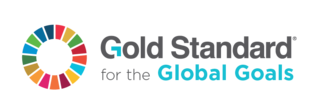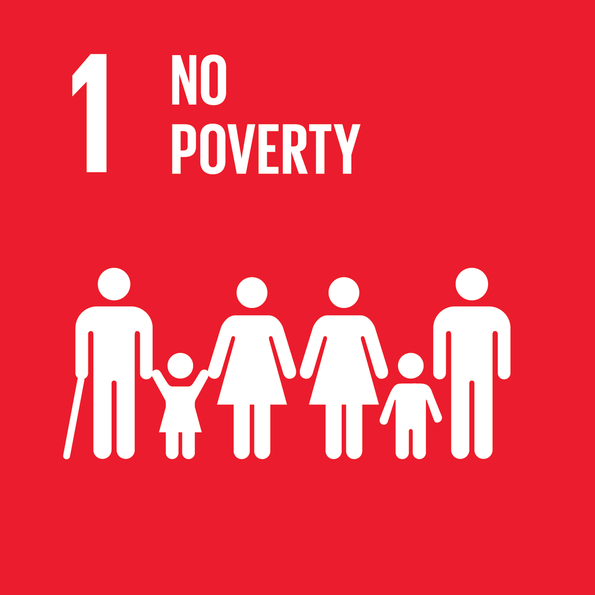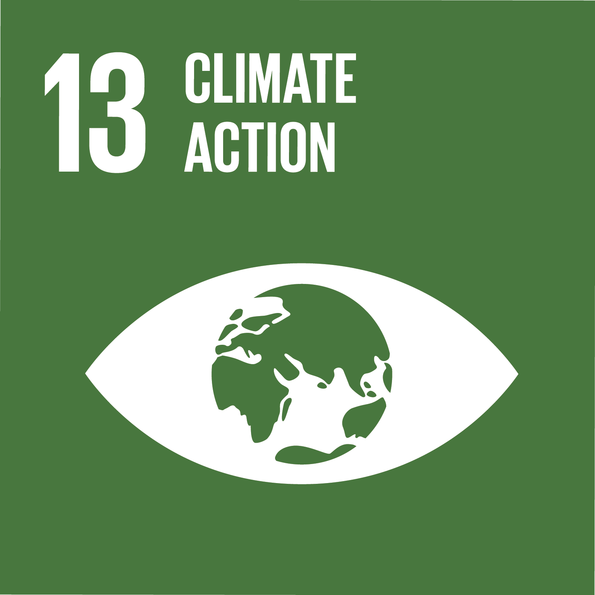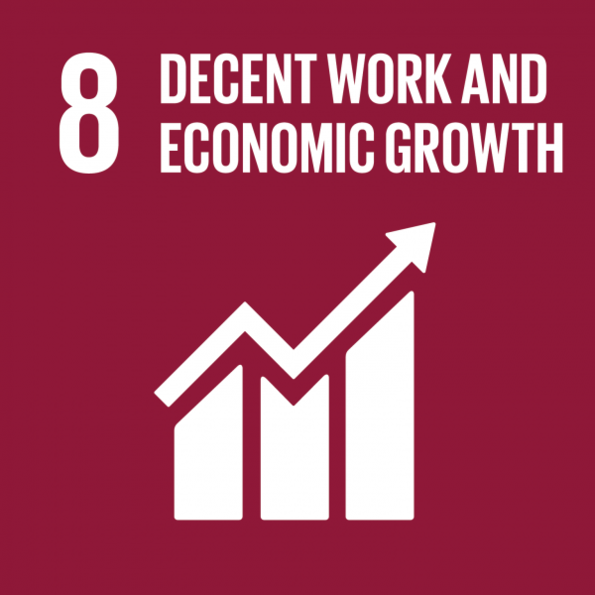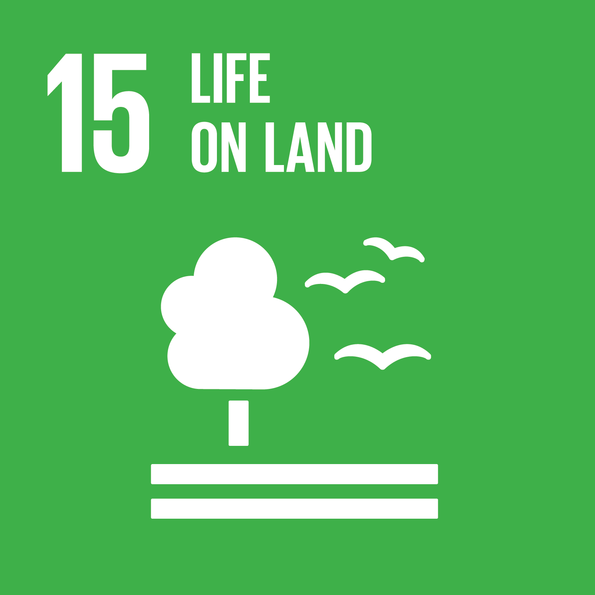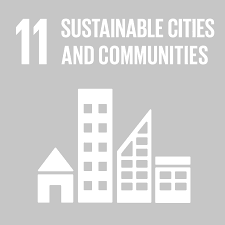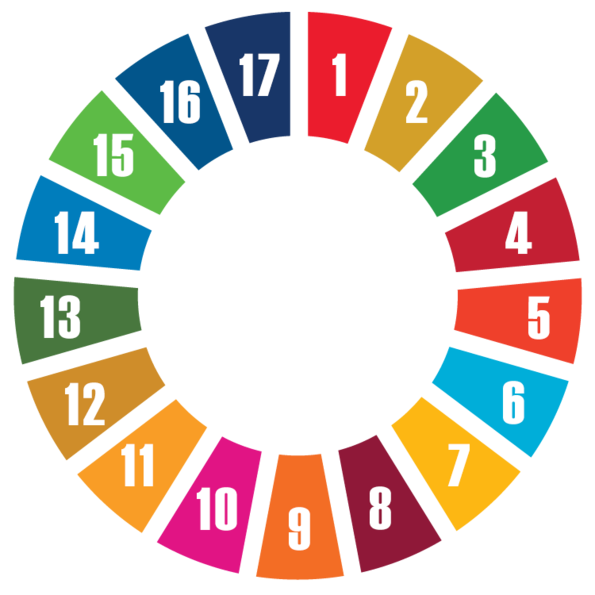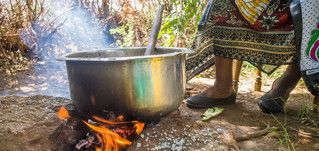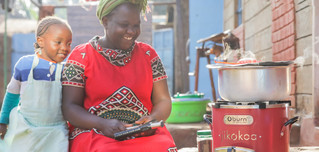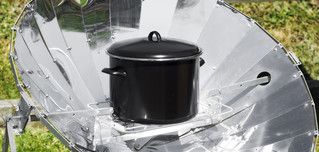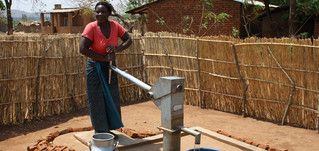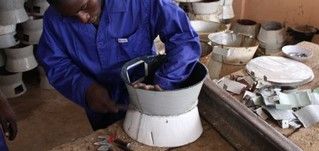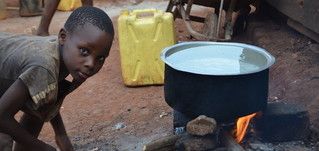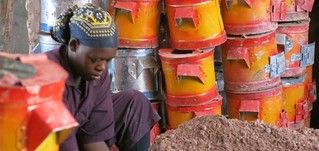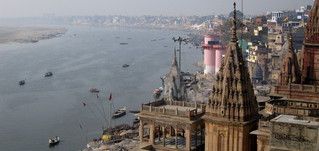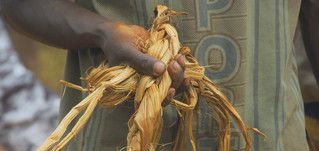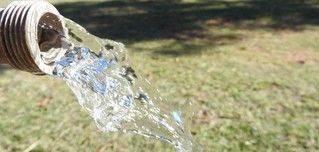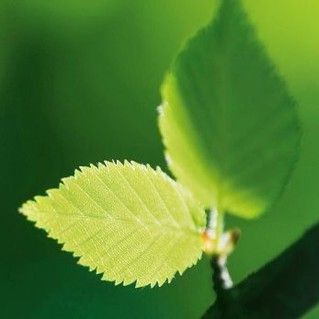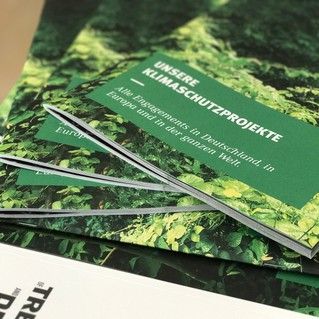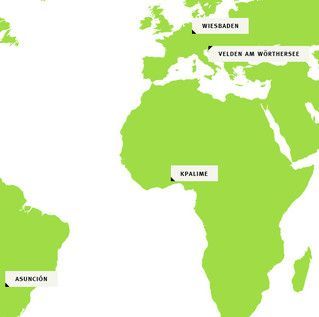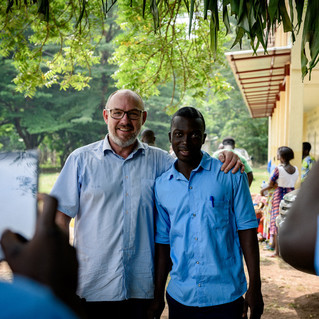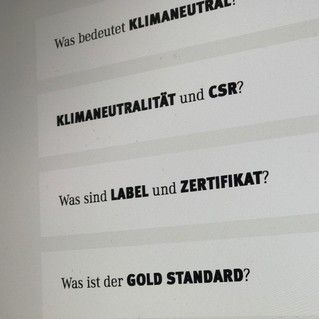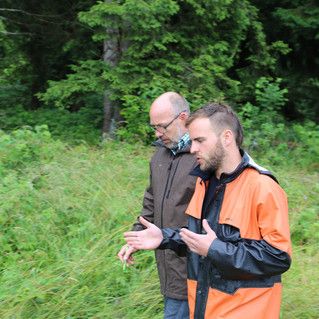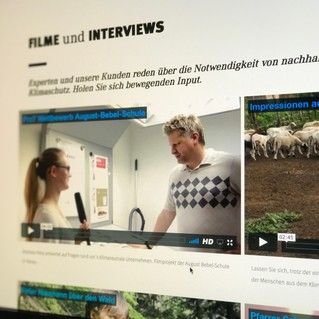Efficient Cookstoves
Reduced deforestation through efficient cooking stoves
Bugesera district, southeast of RWanda*
The carbon offset project was registered by the Gold Standard as a lead project in the first Micro-PoA and confirms that the methods used to save carbon along with social, health and welfare benefits are used by some of the poorest communities in Rwanda.
The project is based in the Bugesera district in southeastern Rwanda, a relatively dry and low-lying area of the country where severe deforestation has led to significant soil erosion and loss of arable land and forest biodiversity.
The families who receive the energy efficient stoves benefit by cutting their fuel costs by about 50%, saving time and money, and protecting endangered forest areas from overuse. In addition to the reduction of fuel, the families have a significant health benefit as the ovens Reduce the indoor smoke load by more than 70%. Because pneumonia kills more people in East Africa than malaria, this will be a great contribution to community health in the coming years.
The initial production and subsidized distribution of the Rwanda-built stoves was funded by Climate Corporation Australia, and the partnership was conducted in collaboration with their European subsidiary in Austria. This process will provide the much needed local employment in Rwanda during the production and installation phase of the project as well as the staff deployed to support the community through cooking cooker training and maintenance.
The trust of the community is ensured by using a locally produced and supported product. The furnaces' design was refined by co2balance, based on their previous successful projects in East Africa, with local inputs to meet the needs of host communities.
The first funding period for this project is seven years, which the project estimates will save around 840,000 tonnes of CO2-emissions. Following the annual Gold Standard verification, Verified Emissions Reduction (VER) credits are sold to organizations in developed countries that want to further support the project by offsetting their own carbon emissions.
*RWanda
Droughts and heavy rain with significant consequences for agriculture.
Climate change is an increasingly challenging task for the small African country of Rwanda, located between Uganda and the Congo.
Changes can already be noted in the precipitation patterns. In particular, long-lasting droughts, which have been replaced by extreme heavy rain, have had a negative impact on the population and regional agriculture.
And a lot is happening in terms of climate protection in Rwanda. Since 2008, plastic bags are completely prohibited. At the borders of Rwanda, plastic bag imports are being controlled as strongly and consistently as drug smuggling elsewhere. Not even wrapped in plastic wrap toast is allowed. Regular raids and high sentences ensure that the prohibitions are respected. Children's next-generation environmental education is also paying close attention to how the consumption of plastic bags can affect the climate and the environment.
The Fifth Assessment Report of the Intergovernmental Panel on Climate Change (iPCC) predicts a mean temperature rise of one to three degrees Celsius by 2050 and three to five degrees Celsius by 2100. The IPCC forecast also predicts an increase in annual precipitation for North and West Rwanda ahead. The topography of Rwanda with its steep slopes and the changes in land and land use due to the high population density in connection with climate change are likely to lead to increased flood events in the future.
Rwanda's population is growing rapidly and the country's natural resources are also limited due to the small area. This increases the environmental problems. Excessive use and erosion are destroying more and more soils and shrinking the usable agricultural area. The effects of climate change, such as droughts and heavy rain, are exacerbating this problem, especially in rural areas. The consequences of climate change also affect lakes, rivers and other important sources of water. This may have consequences for the availability of hydropower water and water supply in Kigali, where it is already difficult to meet users' needs.
The Rwandan government therefore supports terracing and resource conservation programs. In addition, the government is working hard to curb the uncontrolled deforestation of forests and to protect the remaining forests.

